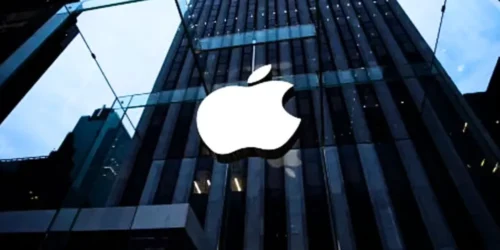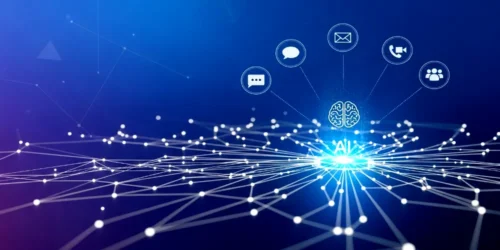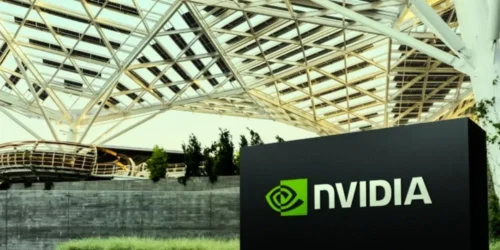Artificial Intelligence is no longer the stuff of science fiction. It’s here, quietly humming in the background of our lives, recommending our next movie, navigating our commute, and filtering our emails. We’ve invited this powerful force into our daily routines, yet most of us haven’t stopped to consider the path we are on truly. AI is not just another gadget; it represents a fundamental shift, and we must actively shape its role in our society before it shapes us.
An Unprecedented Tool for Progress
Let’s be clear: AI holds breathtaking potential for good. Imagine AI accelerating medical breakthroughs by analyzing data sets no human could ever process, leading to cures for diseases like Alzheimer’s or cancer. Consider its potential to optimize our energy grids to combat climate change or create personalized education plans that enable every child to learn at their own pace. Used wisely, AI can be the most powerful tool for augmenting human intelligence we have ever created.
The Job Market Revolution
Of course, the most common fear is that AI will take our jobs. It will. Just as the tractor replaced the farmhand and the assembly line changed manufacturing, AI will automate many tasks. But this isn’t a simple story of replacement. The real challenge is not stopping progress but managing the transition. We must focus on fostering skills that AI cannot replicate—such as creativity, critical thinking, and emotional intelligence—and build a social safety net that supports people through this massive shift.
The Dangers of an Unchecked Algorithm
Power without oversight is a recipe for disaster. Who programs the AI? What hidden biases are baked into its code? An AI system used for hiring could perpetuate existing discrimination, and a justice system algorithm could unfairly sentence individuals based on flawed data. We cannot allow these crucial decisions to happen inside a “black box.” We need to demand transparency, accountability, and a human-in-the-loop approach for any system that impacts people’s lives.
We Are the Architects
AI is not an alien force descending upon us; it is a technology we are actively building. This means we have a profound responsibility to embed our values into its foundation. The conversations about the ethics, control, and purpose of AI shouldn’t be confined to Silicon Valley boardrooms. They need to happen at our dinner tables, in our schools, and in the halls of government. We are all stakeholders in the future that AI will help create.
Conclusion
Artificial Intelligence is neither a magic cure-all nor a robotic villain. It is a mirror, reflecting the intentions and values of its creators. The future it brings—whether one of greater prosperity and equality or one of division and control—is not predetermined. The outcome depends entirely on us. We must engage with this technology with our eyes wide open, championing its benefits while fiercely guarding against its risks to build a future where AI serves the needs of all humanity.













